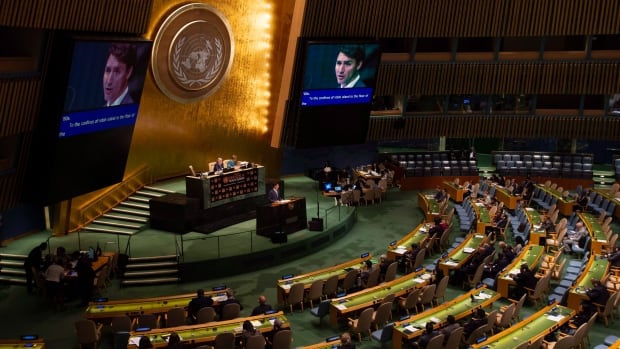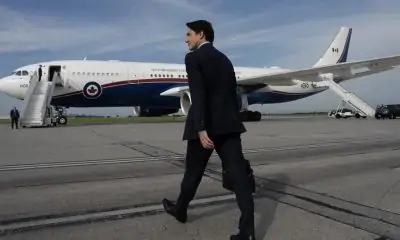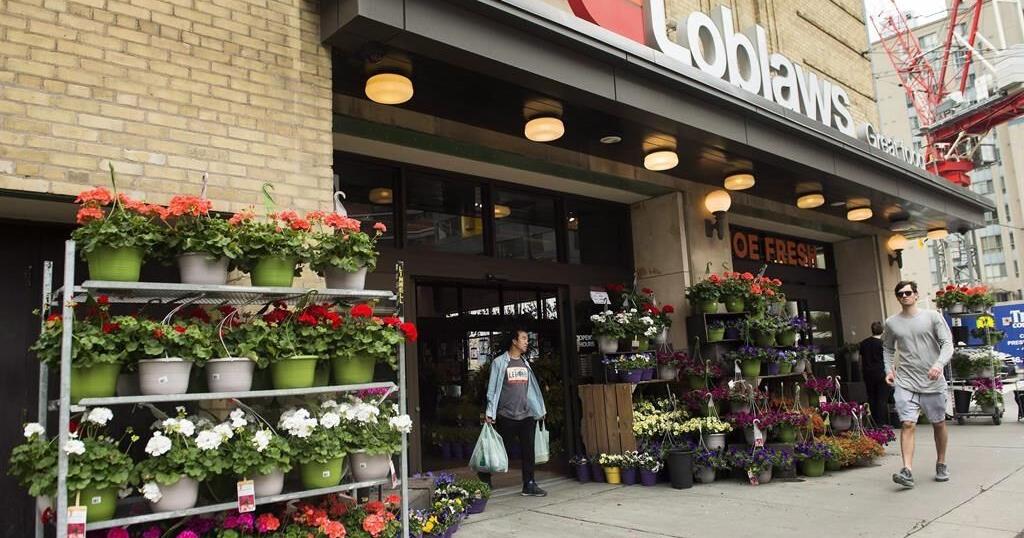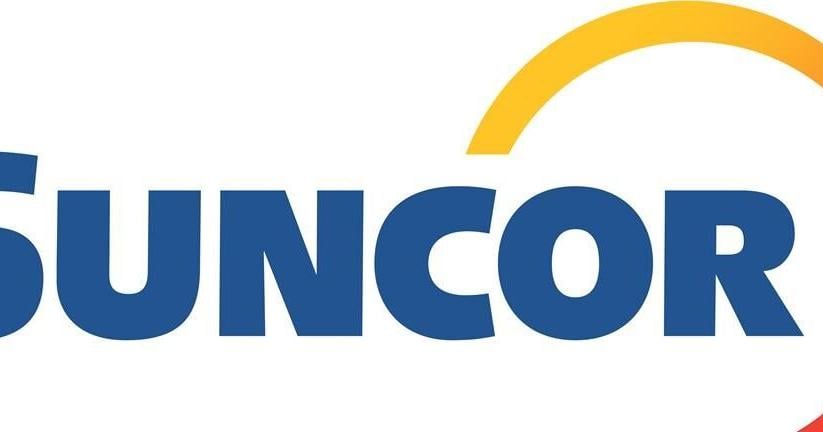Loblaw had a busy third quarter as it ramped up efforts to capture more deal-seeking shoppers, pharmacy customers and immigrant communities, while growing its store footprint and planning for even more expansion in 2025.
President and chief executive officer Per Bank acknowledged the grocer has “done a lot” during his first year as chief executive.
“Now we’re going to perfect what we have done,” he said on an earnings conference call with analysts.
“We have a lot on our plate, and we’re going to perfect it.”
The company’s profit for the quarter rose year-over-year to $777 million or $2.53 per diluted share, up from $621 million or $1.95, boosted by the reversal of a charge at its President’s Choice Bank after a Federal Court of Appeal decision.
Revenue for the quarter totalled $18.54 billion, up from $18.27 billion a year earlier.
Amid the ongoing shift to discount stores by cash-strapped shoppers, Bank said No Frills and Maxi continued to outperform full-service stores.
Loblaw said it opened 25 new No Frills and Maxi stores during the quarter.
Six of these stores were the new small-format No Frills stores, said chief financial officer Richard Dufresne on the call.
“While it’s still early days, we are pleased with customer reactions and overall performance,” he said.
The company also launched a pilot program during the quarter trialling an ultra-discount No Name store format meant to offer savings beyond even its ubiquitous No Frills banner, with two stores opening during the third quarter and another recently opened.
“If it works, we will (add more). If not, we will pivot, take the learnings and apply them to our discount program,” Bank said.
Loblaw recently opened new T&T stores in Ontario and Quebec, and is beginning the banner’s expansion into the U.S. next month.
With Canada’s first-generation immigrant population continuing to grow, the company is also introducing new multicultural products, including offering more private label T&T products at the company’s other stores, said Bank.
Despite the Canadian government’s decision to slow immigration, Dufresne said there’s still growth ahead.
“While it may slow a bit, we still believe that it’s going to grow. And that’s a tailwind that is very positive for grocery players like us,” he said.
The company is also trying to boost food sales at Shoppers Drug Mart, said Bank. The shift toward discount has had a slight impact on food sales there, he said, so Loblaw is responding by lowering prices on several hundred products to encourage more people to shop for food at the pharmacy banner.
Loblaw is continuing its growth into the fourth quarter, with plans to add another 20 new Maxi and No Frills stores, mainly new builds, said Dufresne.
“For the full year 2024, we expect to have opened 50 new stores and converted an additional 42 stores,” he said.
Bank said the company plans to open even more new stores than in 2024 and is opening a new distribution centre in the first quarter.
He acknowledged that the company’s focus on opening more stores will put some pressure on its earnings in the short term.
“I think it’s important to say that we are planning for the long term, not the short term,” he said.
Part of that longer-term strategy is the company’s decision to no longer sell gaming consoles, games and certain electronics like laptops, computers and TVs. Dufresne said those products don’t drive shoppers’ baskets and have an “extremely low margin.”
“More than 80 per cent of the transactions that are on electronics, customers come in and just buy that item and leave. So it’s not good for our business,” he said. “That’s why we’re deciding to exit it.”
The decision to exit electronics, as well as the company’s move to eliminate multi-buy promotions in its discount stores, affect sales in the short term, Dufresne acknowledged.
“Our focus is on adding square footage. So if we have the right business model and that works and resonates with customers, if we just replicate it with new stores, long term, we win. So that’s how we’re thinking about this,” said Dufresne.
The company said that based on the year-to-date investments in its store network and distribution centres, it now expects to invest a net amount of $1.9 billion compared with earlier expectations for $1.8 billion.
Same-store sales at Loblaw’s food stores were up 0.5 per cent,compared with 4.5 per cent last year. After excluding the unfavourable impact of the timing of Thanksgiving, which fell in a different quarter this year, the company said food same-store sales were up about 1.3 per cent.
Drug retail same-store sales were up 2.9 per cent as pharmacy and health-care services same-store sales rose 6.3 per cent, but front store same-store sales fell 0.5 per cent.
In its outlook, the company raised its guidance for full-year adjusted net earnings per common share growth to low double-digits compared with earlier expectations for high single-digits.
This report by The Canadian Press was first published Nov. 13, 2024.
Companies in this story: (TSX:L)



































